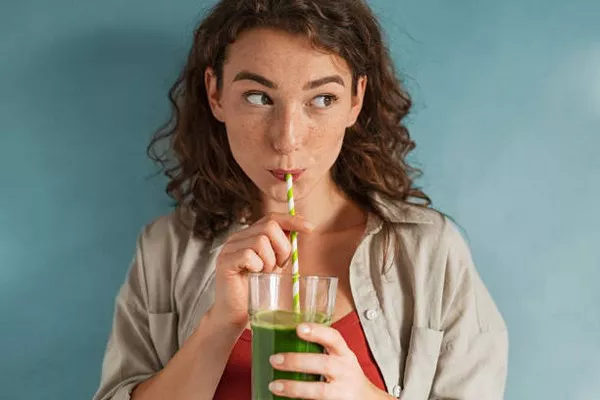Jenna Rizzo, a weight loss coach from Georgia, recently shared with her 83,000 TikTok followers the three types of grocery items she bans from her home: individually wrapped pastries, sodas and fruit juices, and packaged vegan food.
Individual Pastries
Rizzo’s first ban is on packaged pastries, which she describes as ultra-processed foods (UPFs) loaded with calories, sugar, fat, and salt but lacking essential vitamins and fiber. She cites specific examples like Little Debbie Snacks, HoneyBuns, and Pop-Tarts as items on her “naughty list.”
These ultra-processed snacks, according to Rizzo, contribute significantly to unhealthy dietary habits and overall health issues. She explains, “These foods are on the banned list because we know they really don’t provide a lot of nutritional value for us—very high in saturated fat, very high in processed sugar.” Despite her strict stance, Rizzo admits to enjoying sweets in moderation, preferring freshly made pastries from local bakeries instead of long-shelf-life products.
Sodas and Fruit Juices
Next on her list are sodas and fruit juices. While the negative impact of sodas is widely recognized due to their high sugar content and lack of nutrients, Rizzo points out that many people mistakenly view fruit juices as healthy. She cautions, “Most juices are just like a bunch of processed sugar made to taste like grapes or apples.”
Research supports her claim: sugar-sweetened beverages, which include sodas and fruit juices, are major sources of added sugars in the American diet. Nearly 70% of adults consume these drinks weekly, putting them at risk for weight gain, Type 2 diabetes, and heart disease. Rizzo recommends making juice at home to better control ingredients and sugar content.
Packaged Vegan Food
Lastly, Rizzo takes issue with packaged vegan foods. She clarifies that her concern is with ultra-processed vegan options, not all vegan products. Many consumers assume that vegan labeling equates to healthiness. However, Rizzo asserts, “Eating these fake meats and butters and cheeses that literally have an ingredient list longer than a CVS receipt did nothing more for my health.”
Recent studies have highlighted the risks associated with consuming plant-based UPFs, linking them to a higher risk of cardiovascular disease compared to unprocessed plant foods. Rizzo advocates for high-quality natural foods instead, emphasizing the importance of being mindful about food choices regardless of dietary labels.
In conclusion, while Rizzo acknowledges personal preferences and dietary choices, her insights serve as a reminder to be vigilant about the nutritional quality of the foods we consume.
Related Topics:
What Is the Most Calories Consumed in a Day


